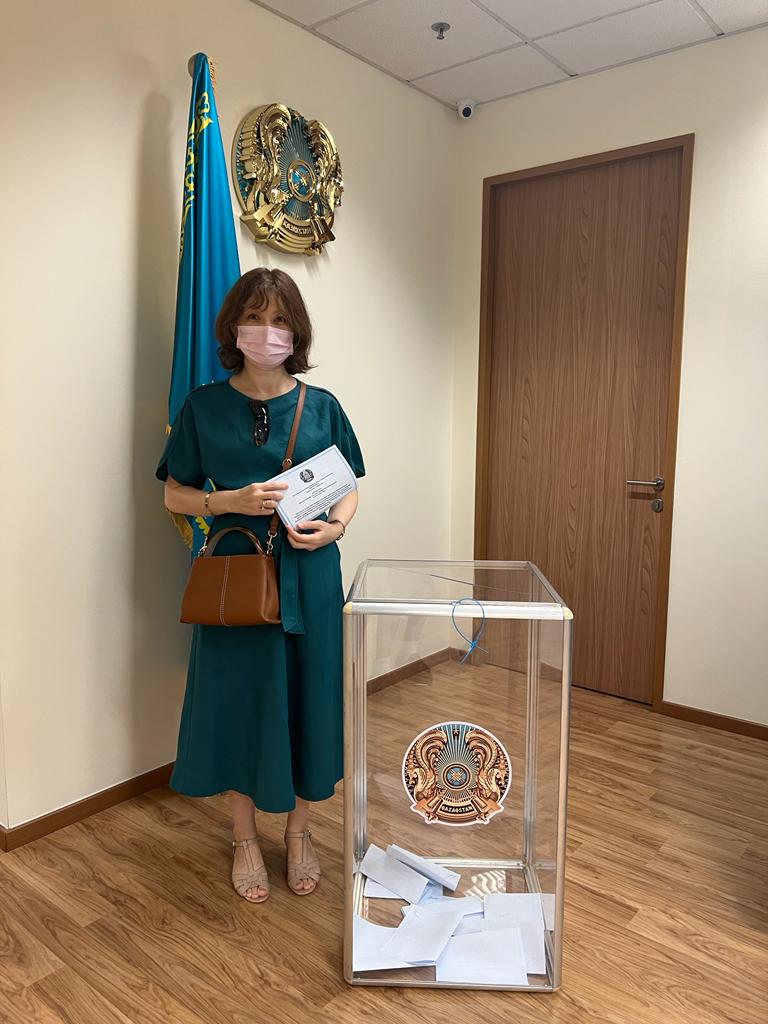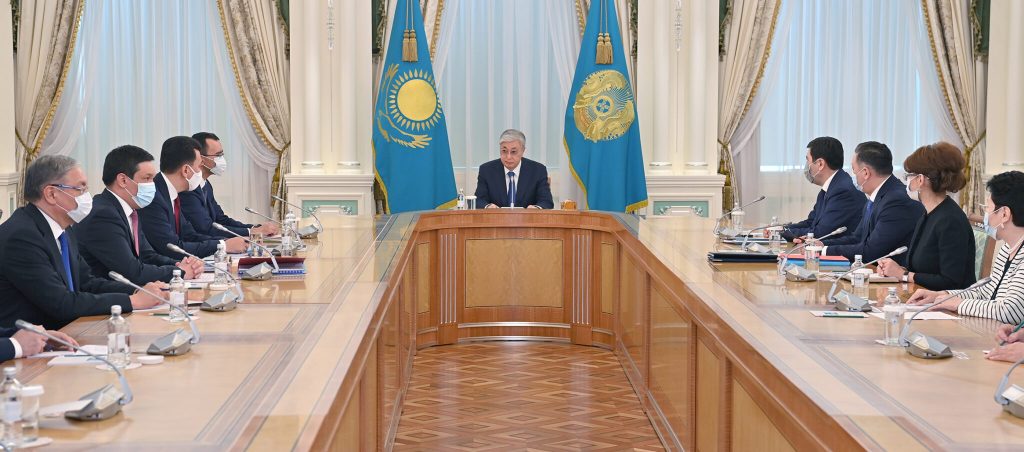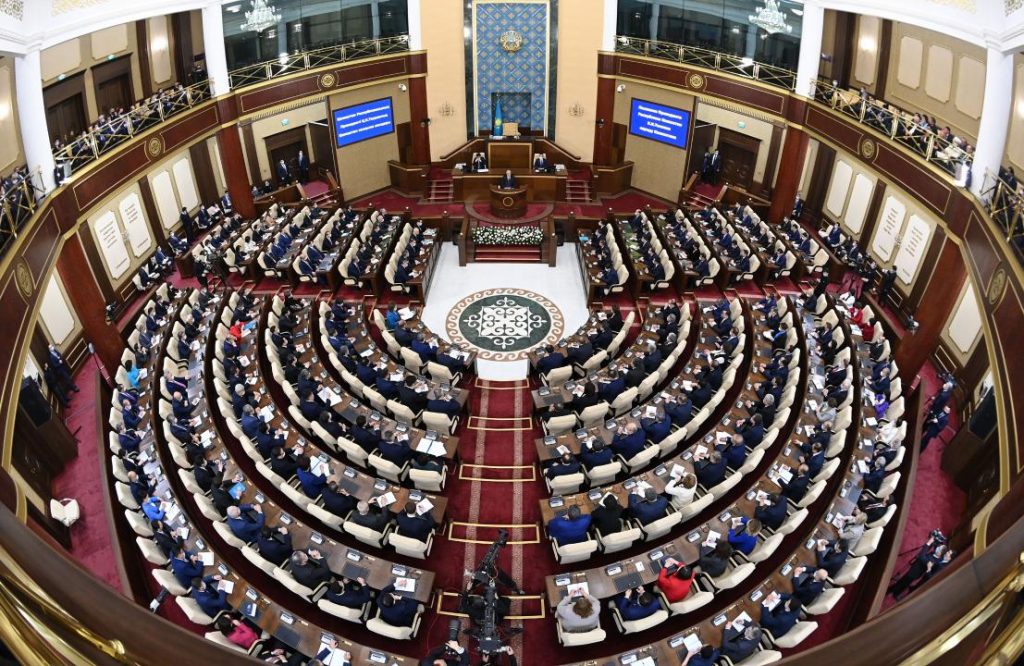BY DMITRY BABICH
So, the amendments to the Constitution of Kazakhstan have been adopted. Not by the will of the President, not by the decision of some “very important” officials or even people’s deputies. These very important decisions were voted into law. Voted by none other than the people of Kazakhstan, by 6.1 million voters who took part in the referendum and voted yes. According to the information from Chairman of the Central Referendum Commission Nurlan Abdirov, this makes up 77.18 percent of those who took part in the referendum.

What is so special about this referendum, why do we say that the adoption of these amendments allows us to call the new political structure of Kazakhstan “the Second Republic”?
A longtime observer would immediately note that for the first time in more than 30 years people are voting not for the expansion, but for the constitutional limitation of presidential powers. The President of Kazakhstan can no longer represent a political party, the number of officials he can appoint is reduced, the relatives of the President cannot hold important positions in state and economy. The other distinction of this referendum I would call “the legitimization of dissent”: for the first time in many years people are not “expected” to passively accept the new initiatives of the state. The referendum itself set the example. Yes, the amendments have become legally binding last night, when it became apparent that more than 50 percent of the voters in more than two thirds of the country’s regions supported the changes. But again it is officially announced that 18.66 percent of those who participated in the referendum cast their votes against the proposed changes. So, the breach with the negative “absolutist” tradition is apparent for an experienced observer.

Is it a tragedy, a “mutiny,” a matter for investigation and other things? No, it is a normal political practice for the new Second Republic. People are slowly, but steadily getting used to the fact: President of Kazakhstan Kassym-Jomart Tokayev is a democrat, he is serious about unmaking the “super-presidential republic,” which established itself in the 1990s. The “super-presidential” constitution of 1995 was fit for the first years of Kazakhstan’s independence, when the “vessel of the state” was going through a period of inevitable turbulence and hardship. Now it is time to pass to a new level, now it is time to prove to East and West that Kazakhstan is serious about joining the family of democratic nations, about protecting human rights, about “government for the people and by the people.”
The principle of “government by the people” is at the root of the amendments, which were all based on the suggestions which came from ordinary people. This was confirmed by State Secretary – Erlan Karin. Even a brief review of the adopted norms indicates the amount of democratization:
– The President can no longer serve for more than two terms, exceptions are no longer allowed;
– The President loses the right to appoint and dismiss the akims (local officials) on the level of a town and a village;
– The candidacies of the akims of regions and cities will be suggested by the President, but the final decision will depend on the votes of members of local legislatures (maslikhats);
– The “presidential quotas” of members of the parliament and the Constitutional court will be starkly reduced. This means that the President will be able to appoint only a relatively small minority of officials in these bodies.
Changes are apparent not only on paper, they are visible in real life, you can see them even on the streets. Karin reported that if in 2020 the number of officially allowed protests could be counted in single digits, in 2022 more than 500 official protests took place.
These legalistic, respectful protests should not be confused with the chaotic illegal mutiny of the early January, which led to hundreds of deaths and damaged dozens of official buildings. The tactic of the President is apparent and transparent: if citizens are allowed to demonstrate safely and legally, the grounds for violent rebellion will inevitably shrink. Citizens, feeling that their rights are best protected by the state, will dismiss terrorists and provocateurs – as it indeed happened in January 2022.

Again, President Tokayev showed his democratic spirit, respect for law and humanism in his comments on the ongoing investigations of the tragic events of January. Tokayev said that 5,500 criminal cases have been initiated and only 23 individuals have been sentenced to prison terms.
So, even on this tragic issue the President’s democratic credentials are now impeccable.
Dmitry Babich is a Moscow-based journalist with 30 years of experience of covering global politics, a frequent guest on BBC, Al Jazeera and RT.







